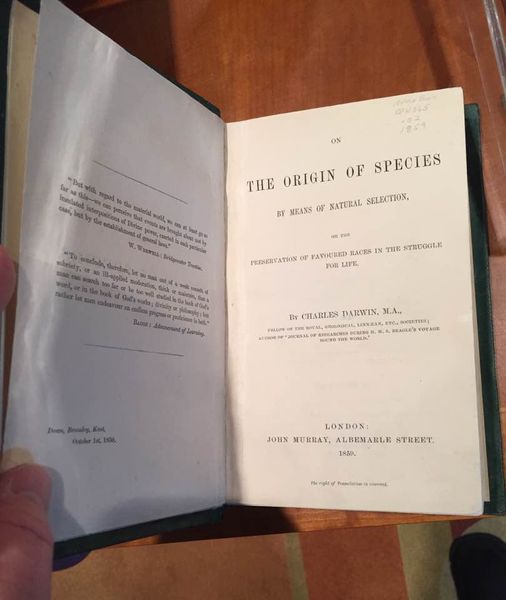Many people have heard of the "Bach Cantata Pilgrimage." The year 2000 was the 250th anniversary of J.S. Bach's death. To commemorate the occasion, John Eliot Gardiner, the Monteverdi Choir, and the English Baroque Soloists performed all of Bach's extant sacred cantatas in over sixty churches. To perform the cantatas each week in different locations was of course a complicated and relentless task, but the pieces were also recorded. Deutsche Grammophon was willing to release only a few of the cantatas so Gardiner established his own label, Soli Deo Gloria, to release the rest. Those words, "to the glory of God alone," were Bach's dedication of each cantata.
The cantatas were released in sets over these years and feature photographs by photojournalist Steve McCurry of people from around the world. (His famous picture is that of Sharbat Gula, "the Afghan girl," although that particular photo is not used on these sets.) The photos give a sense of the universality of the music of Bach and its themes.
Back in 2013, all of the cantatas were released as a 56-CD box set. I purchased it from arkivmusic.com. Then I decided to do my own pilgrimage (less complicated than Gardiner's!) and listen to the cantatas on the Sundays represented by each. Then I wrote about them in a series of posts. Since the set begins with Christmas cantatas, I began with the First Sunday of Advent cantatas on Disc 52.
I can't believe that it was seven years ago when I listened to these pieces! I would've thought it was just three or four years ago.
It's well past time, then, to listen to these cantatas again. Here is what I wrote in 2013 for Disc 52. The photo is of a Tibetan woman.
These are two cantatas both named "Nun komm, der Heiden Heiland" ("Come now, Savior of the Gentiles"), which are BWV* 61 and 62, and also "Schwingt freudig each empor" ("Soar joyfully aloft to the sublime stars"), which is BVW 36. The notes indicate that all three used a famous Advent chorale, "Nun komm, der Heiden Heildand," Martin Luther's use of an Ambrosian Advent hymn 'Veni redemptor gentium."
Gardiner's notes indicate that these chorals would have been welcome for Bach's Leipzig and Weimar churches after "all those self-absorbed feelings of guilt, fear, damnation and hellfire that dominated the final Sundays of the Trinity season." Not only was Luther's hymn popular but Bach's festive music would have given worshipers a happy sense of "having at last turned a corner."
Interestingly, in the BWV 61 cantata, Bach switches themes a little after the aria "Komm, Jesu" (with its repeated prayer "Komm"), from the praise of Christ's appearance to the presence of the Lord in the believer's heart.
Open up, my whole heart,
Jesus comes and enters in.
Though I be but dust and earth,
He shall not despise me,
but takes delight
to see that I become His dwelling.
Oh, how blessed shall I be!
In BWV 62, Christ becomes a "mighty hero" with the tone of the messianic psalms (and Isaiah's messianic poems) characterizing the texts (by Luther and an anonymous writer), with joy and praise concluding the cantata. In BWV 36, Bach sets the words "Even with subdued, weak voices God's majesty is revered" with a soft soprano and a muted violin. We also have the theme in this cantata of Christ as the bridegroom of the soul---and, of course, the joy analogous to a wedding.
Pray the strings in Cythera
and let sweet Musica
sound out with naught but joy,
that I may with little Jesus,
this exquisite groom of mine,
pilgrimage in constant love.
*****
According to the CD notes, the English translations are by Richard Stokes
*If you're new to Bach: "BWV" means "Bach-Werke-Verzeichnis" ("Bach works catalogue"). It's the standard numbering and identification of Bach's works, according to themes and genres rather than chronology.


